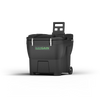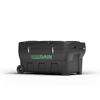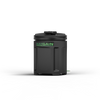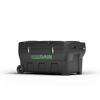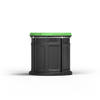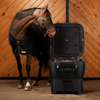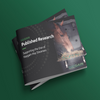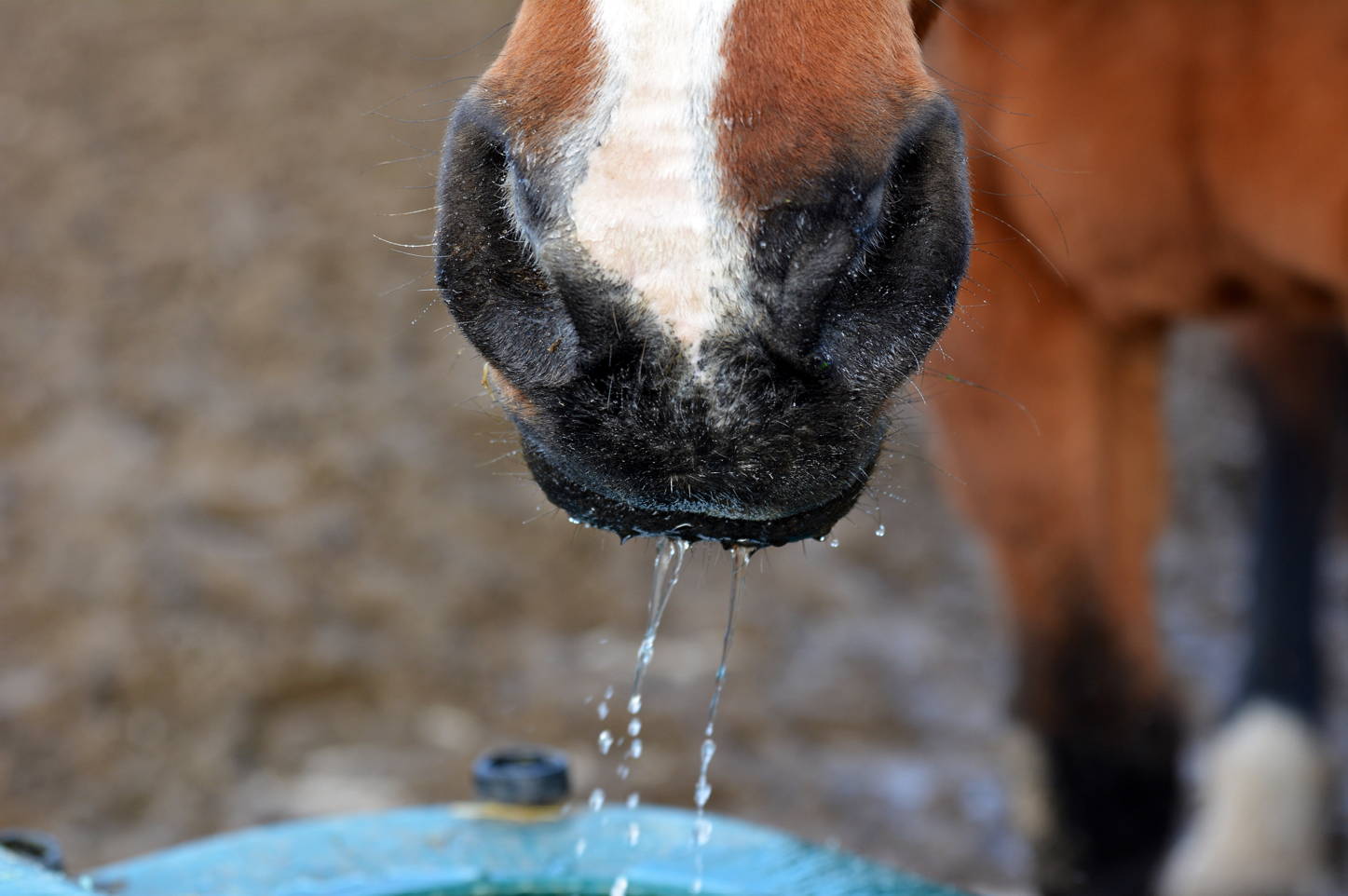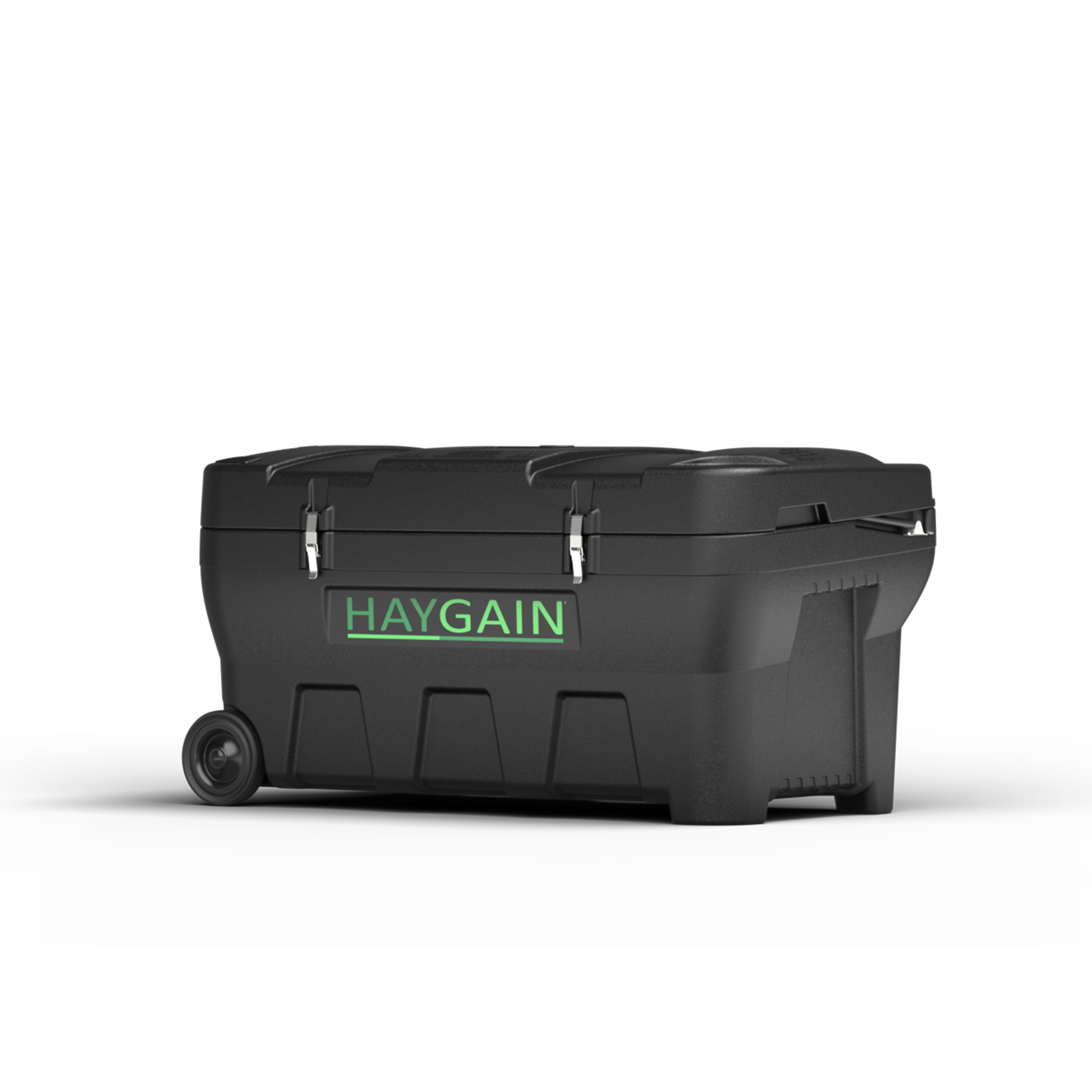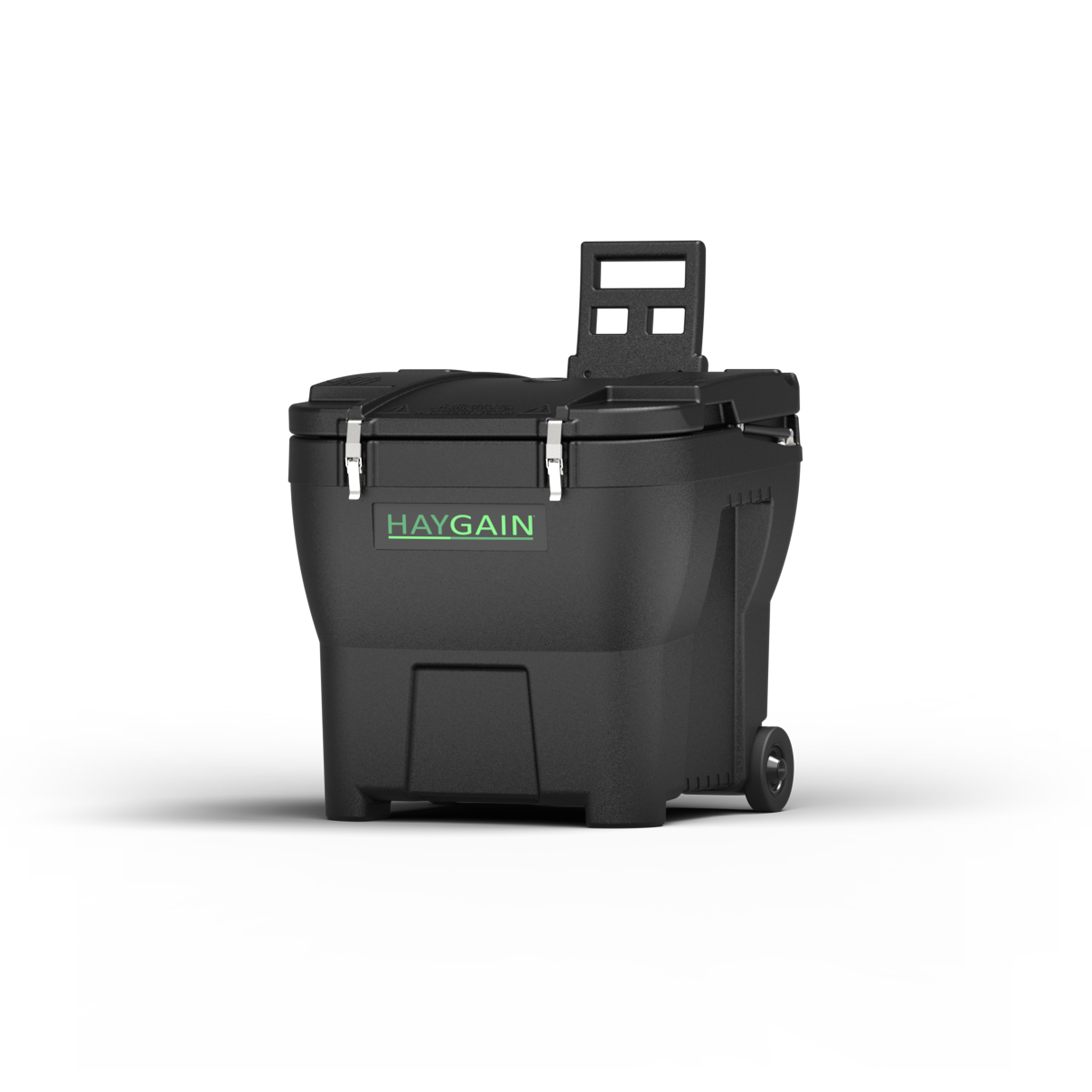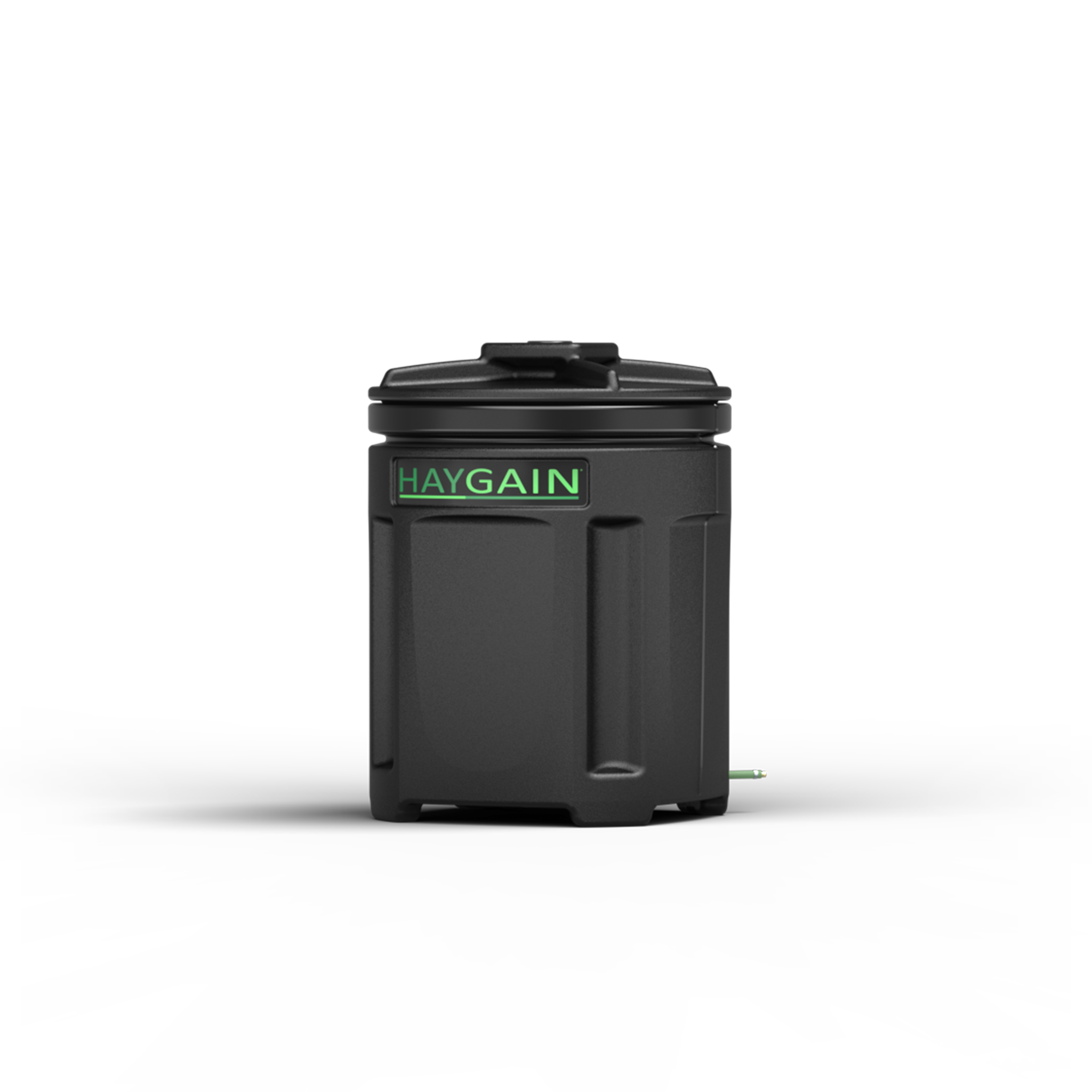15/06/2023
Keep Your Horse Healthy & Happy in the Hot Months Ahead
1. Made In the Shade: Horses should have access to shade throughout the day, especially during peak heat. The shade of trees can be ideal if it puts your horse in the path of natural breezes, too. And man-made shelters are good, so long as there’s ventilation.
2. Fresh, Clean Water: Hydration is important all year for digestion and the function of all cells. It’s even more so in summer because of water loss through perspiration. Dehydration can also aggravate conditions on the Equine Asthma Spectrum by thickening the mucus in the respiratory tract that occurs with respiratory conditions.
Monitor water troughs or buckets regularly and refill them as needed. Automatic waterers are convenient, but can make it tough to monitor how much your horse is drinking. In general, horses should consume about 5% of their body weight in water every day – more if it’s hot, they’re exercising, or both. Horses enjoying juicy grass pasture will get more of their water needs met by grass, whereas horses on dry hay will typically need to drink more.
All water sources should be kept clean. Check them when you feed, because horses typically drink the most within a few hours of eating. (Steamy tip: Haygain Steamed Hay can have up to 3X the moisture content of dry hay!)
3. Be Flexible in Your Training: Adjust exercise and turnout routines to avoid the hottest times of the day. Schedule activities for early morning or evening when temperatures are cooler. Ensure that turnout areas have adequate shade and access to water. Be flexible. Opt for a shady stroll over a vigorous jump school if it’s excessively hot.
4. Manage Grazing: Monitor the quality of pasture grass during the summer. In hot weather, grass can become dry and less nutritious. Rotate pastures to prevent overgrazing and consider providing supplemental hay or feed to ensure adequate nutrition.
5. Control The Critters: Flies and other insects go hand-in-hand with hot weather. Use lightweight, mesh fly masks and fly sheets to protect your horse without making him hot. Offsite manure storage and property-wide fly reduction practices pay off nicely in the hot months.
6. Watch Out for Heat Stress: Excessive sweating, rapid breathing, lethargy and dehydration can be signs of heat stress. Provide immediate shade, cool water, and contact a veterinarian if you suspect heat-related issues.
7. Ask About Electrolytes: Electrolytes can help replenish minerals lost through sweating.
Ask your veterinarians about adding them to your horse’s diet through the hot months.
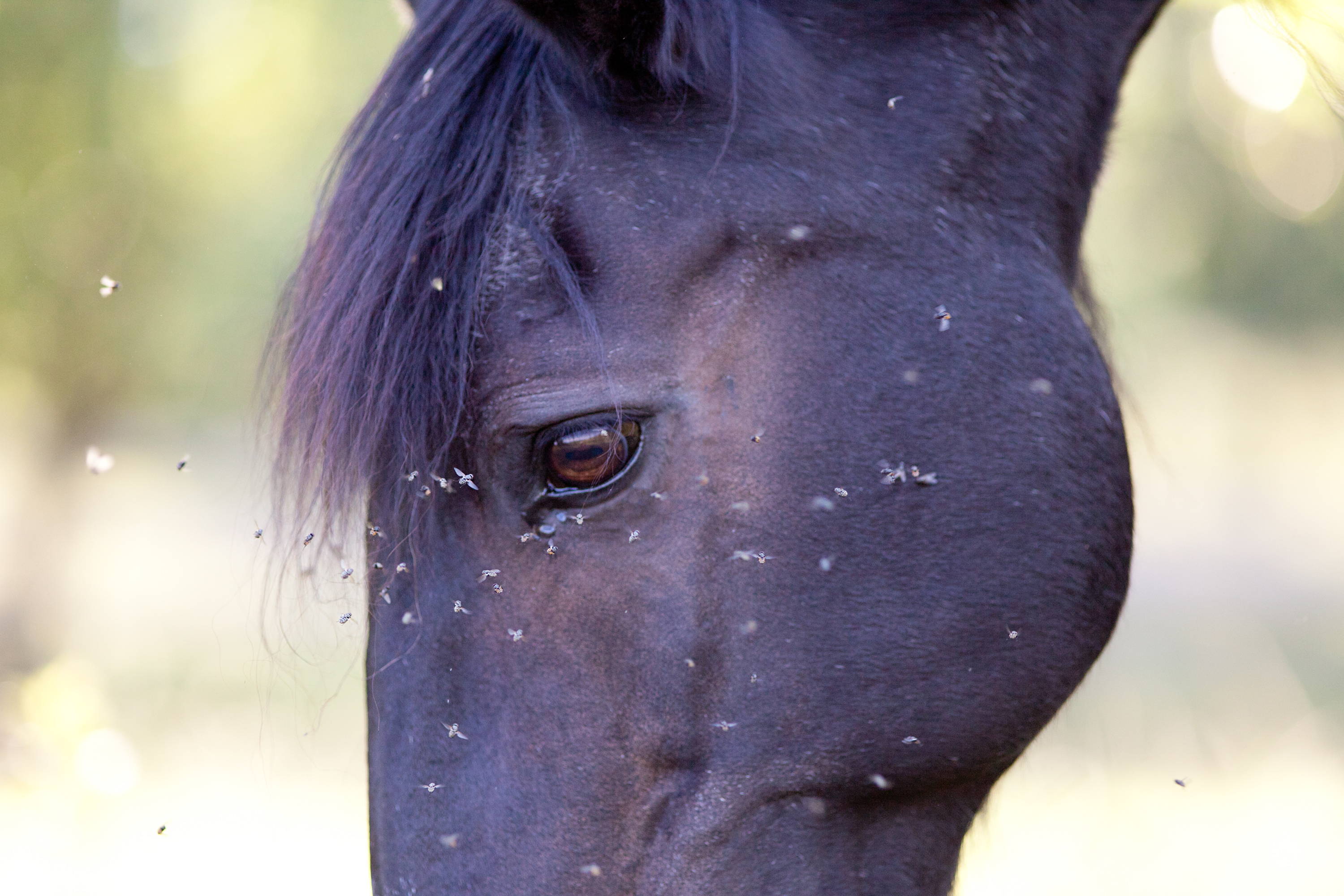
8. Create Ventilation: Fresh air is another element that’s critical for horse health year round. Aisleways and windows designed to invite breezes and roofs that encourage hot air to rise and escape are ideal barn characteristics for air circulation. Where more is needed, fans safely installed out of horse’s reach can help.
